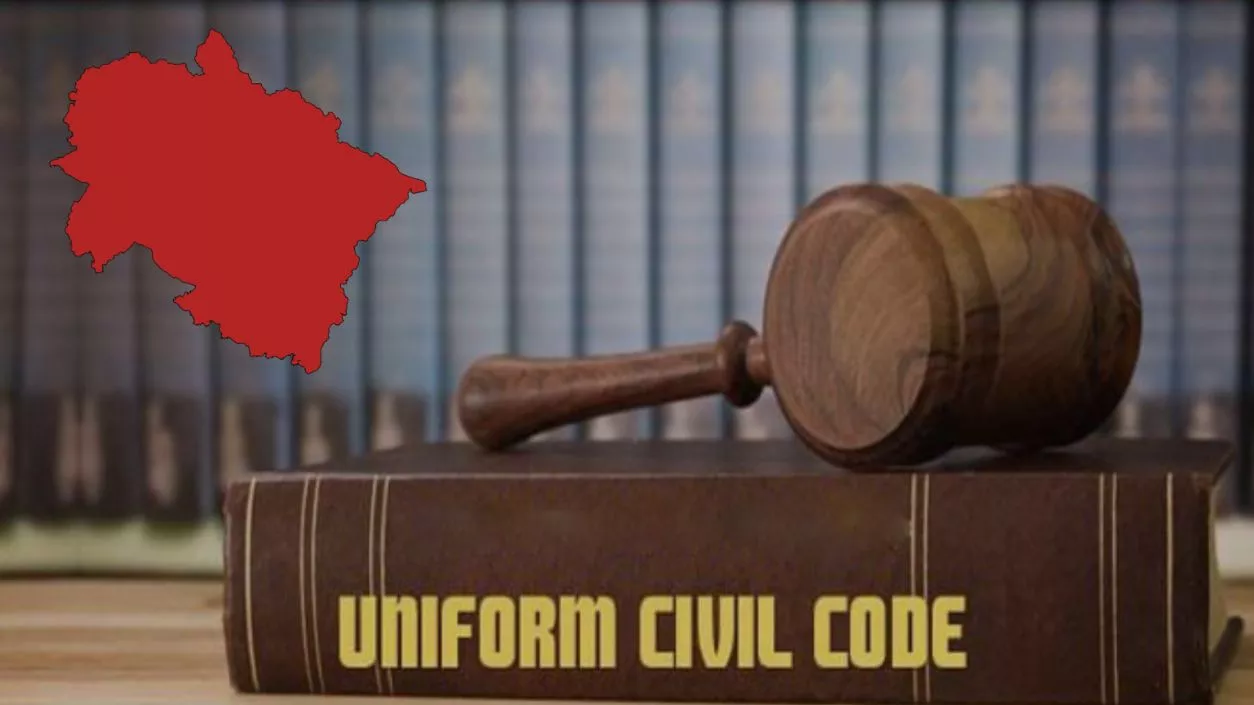.gif)
.gif)

Uttarakhand has officially implemented the Uniform Civil Code (UCC), becoming the first state in India to do so on January 27. The UCC aims to standardize personal laws governing marriage, divorce, inheritance, and live-in relationships across all residents of the state, excluding Scheduled Tribes and certain protected communities. The law seeks to replace diverse personal laws based on religion, caste, and gender with a uniform framework ensuring equality for all citizens.
The UCC introduces a uniform minimum marriageable age of 18 for women and 21 for men, which will apply to all marriages in the state. The law also prohibits polygamy, a practice that had previously been allowed in certain communities, and bans the practice of ‘halala,’ which involves remarrying a former spouse after an intervening marriage to make the divorce void. These provisions are aimed at ensuring that personal laws reflect the principles of gender equality and fairness.
Under the UCC, marriages can only be solemnized if neither party has a living spouse, both parties are mentally capable of giving legal consent, and they are not related within prohibited degrees. All marriages in Uttarakhand, regardless of religious or cultural customs, must be registered within 60 days of solemnization. The law mandates that marriages, divorces, and live-in relationships be registered through an online system, ensuring accessibility and transparency for citizens. Real-time updates on the status of registrations will be provided via email and SMS notifications.
In terms of inheritance, the UCC standardizes succession laws across communities, ensuring that all individuals, regardless of caste or religion, are treated equally when it comes to property and asset inheritance. The law also addresses the creation of wills and testamentary succession, applying uniform legal procedures to these processes. This means that all citizens, regardless of their personal beliefs or traditions, will follow the same legal framework for inheritance.
The UCC also provides specific provisions for soldiers and Air Force personnel involved in combat or stationed at sea. These individuals can create privileged wills with flexible guidelines, allowing them to manage their property and assets in situations where they may be unable to execute standard legal documents. This ensures that military personnel have access to legal protections in times of emergency or combat.
The development of the UCC was overseen by a five-member expert committee, headed by former Supreme Court judge Ranjana Prakash Desai. The committee’s task was to draft a comprehensive law based on public feedback and consultations. Over 60,000 responses were collected from citizens across Uttarakhand to shape the law’s provisions. The final draft of the law was presented to the Uttarakhand Cabinet, which approved it before it was passed in the state Assembly. After securing the President's approval, the law was ready for implementation.
As part of the implementation process, the Uttarakhand government has set up an online portal for the registration of marriages, divorces, succession, and live-in relationships. The portal is designed to simplify legal processes, making it easier for citizens to complete necessary procedures without the need for physical paperwork. The government has also provided training to officials to ensure that the law is enforced effectively across the state. The UCC is seen as a step toward creating a uniform legal system for personal civil matters, with the goal of ensuring fairness and equality.